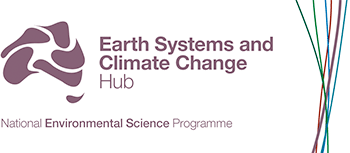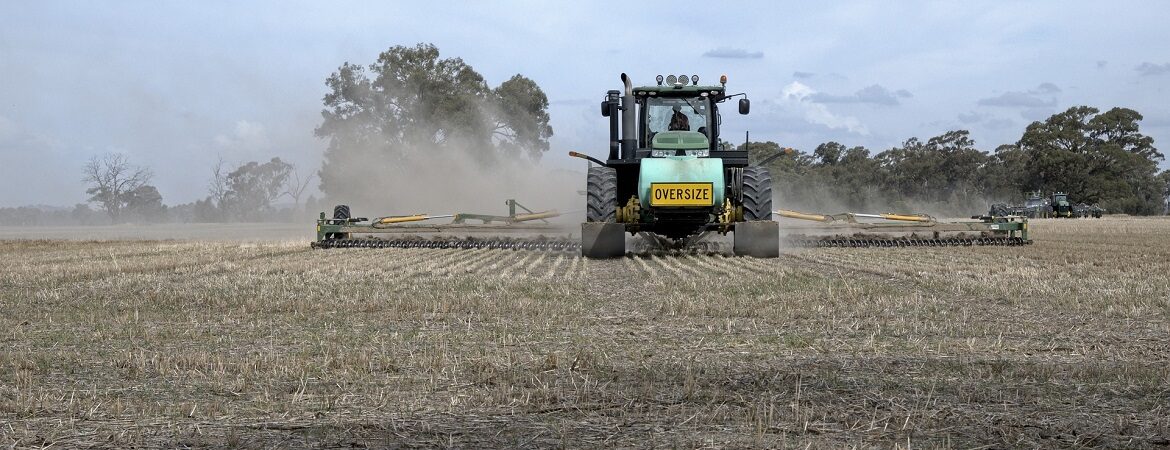Tuesday 24 November 2020, 11.30am–12.30 (AEDT)
Overview
Drought is often described as a ‘creeping’ phenomenon, gradually building over the course of months. But there has been increasing recognition that drought is not always so slow to develop.
A phenomenon called flash drought has been identified both in Australia and abroad which describes a rapidly intensifying drought. During flash drought, an area can go from near-normal soil moisture to severe drought conditions in just a handful of weeks. Sometimes, these flash droughts disappear as quickly as they have developed; or they can linger, morphing into protracted, multi-month-long drought.
Flash droughts can have particularly devastating effects on agriculture if they occur at crucial times of the cropping season. Severe flash droughts in the United States in recent years have been associated with multi-billion-dollar crop losses. There is increasing evidence of flash drought occurrence in Australia, and of its devastating effects on agriculture.
The Earth Systems and Climate Change Hub is working to identify and characterise flash drought in agriculturally important regions of Australia, and to understand the underlying processes of these droughts.
In this webinar, Tess Parker and Ailie Gallant from Monash University provide an overview of flash drought – what it is, how it works and what it means for the Australian environment. They describe the Hub’s research on flash drought in Australia, which seeks to characterise flash drought using a suite of metrics based on soil moisture, evaporation and rainfall. Tess and Ailie also discuss a flash drought that occurred in the Wimmera region of Victoria in October 2015 and the role of differing flash drought processes during this event. This case study will serve as a lens to highlight what flash droughts can mean for Australian cropping, and where research on flash drought needs to go next in order to better understand this devastating phenomenon.
About the presenters
Tess Parker is a Postdoctoral Research Fellow in the School of Earth, Atmosphere and Environment at Monash University. Tess works on identifying and understanding flash drought in Australia. Her expertise stems from a background in climate dynamics, heatwaves and atmospheric processes associated with drought development.
Ailie Gallant is a Senior Lecturer in the School of Earth, Atmosphere and Environment at Monash University. Ailie has expertise in climate variability, drought and drought processes. Her research has a focus on the role of climate variability and drought processes associated with rainfall on weather and climate time scales, and its influence on drought.
Tess and Ailie contribute to the Earth Systems and Climate Change Hub Project 5.2: Understanding climate variability and change – past, present and future.

